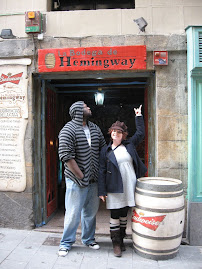Another interesting quotation:
"For Seguin, idiocy was a failure of the will. Training techniques mastered by Seguin were used to excite the will, to invigorate the muscles, and to train the senses, all leading to higher cognitive development. Idiots unwilling to exercise their senses were blocked from this higher development. Thus the lack (or failure) of will was manifested as a functional blockage. Proper education through what he called physiological training, coupled with moral treatment, was the only successful way to break through this blockage" (Trent 16).
"By 1852, Wilbur had identified four types: simulative idiocy defined people whose development was merely retarded and who could be prepared for 'the ordinary duties and enjoyments of humanity'; higher-grade idiocy defined those who would eventually enter common school ' to be qualified...for civil usefulness and social happiness'; lower-grade idiocy applied to people who could become 'decent in their habit, more obedient, furnished with more extended means of happiness, educated in some simple occupations and industry, capable of self-support under judicious management in their own families, or in well conducted public industrial institutions for adults idiots'; and incurables were idiots for whom education was a goal in itself (New York Asylum for Idiots 1852, 18-21). Going beyond Seguin then, Wilbur defined idiocy to emphasize gradations of the condition. Idiocy became types of idiots" (Trent 17).
Tuesday, May 15, 2007
Subscribe to:
Post Comments (Atom)








No comments:
Post a Comment